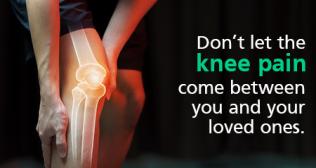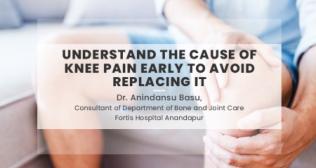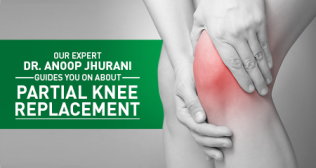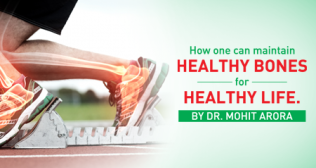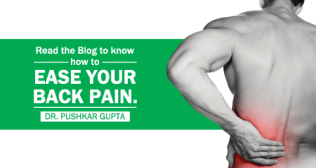
Spine Health

Spine forms an integral part of our bony system. It functions to protect the delicate nerves and also to allow mobility in different directions and planes. Spine related problems are very common. There is no way to escape back pain, but we can train our body to minimize the intensity and disability due to back pain. Any misuse and abuse to our spine will have a negative effect. Mostly the back or neck pain is from weakness, overuse or abuse of the muscles around the back. If not taken care, this pain may become chronic.
The first thing is to make our muscles strong and flexible. There is no substitute for fitness. Make exercise a lifestyle. A simple exercise program that focuses on stretching and strengthening the back, hamstrings, and abdominal muscles can go a long way towards keeping the spine healthy. The easiest form of exercise is Yoga, because it helps build muscle endurance and also makes them flexible.
The second important aspect would be to reevaluate your sitting posture. If you have a job that involves a lot of sitting, take time to make sure your office chair and desk are ergonomically aligned to support your spine. Last but not least, it’s a good idea to stretch and walk around every half hour.
Thirdly try to keep the weight under check, maintain a healthy back. Additional weight, especially in the stomach, shifts your center of gravity forward and puts additional strain on your back muscles. It is recommended to keep within 10 lbs. of your ideal weight for a healthier back.
Be regular with your daily walks to help support your spine. If you're in pain, my recommendation will be for you to walk as much as can be tolerated. If you are not a regular walker then small frequent walks is a good way to begin with.
No health tips are complete without tips on diet. To keep spine healthy, try limiting your diet mostly to foods you would find in nature - vegetables, fruits, meats, whole grains, and legumes. Eventually try to eliminate processed foods entirely, and make sure to limit unhealthy sweets to an occasional treat. Extreme changes in diet and frequent fluctuations in weight can cause loss of muscle and bone density in addition to fat. Lost fat and muscle can come back, but bone could be gone forever and put you at greater risk for osteoporosis, which can affect your spine.
Resolve to quit smoking. Smokers are also more prone to back pain than nonsmokers because nicotine restricts the flow of blood to the discs that cushion the vertebrae and increases the rate of degenerative change.
For normal day-to-day work don’t avoid bending, but learn to lift correctly. Improperly lifting heavy items can put your lower back muscles in abnormal positions that may lead to painful muscle strains. The sofas and chairs at home should not be very low in height, as it puts more strain on the back while sitting and getting up.
And finally not all spine related pains can be cured. It is important to ‘engage your mind’. If you suffer from chronic pain or discomfort associated with your spine, take the time to engage in mindful meditation every day. Stress is an important triggering factor for spine related pains and taking our mind off with meditation would go a long way to burst stress and also keep the spine healthy.
To summarize keeping spine healthy is very important to keep your body moving. There are various things you can do to achieve above, but the most important thing is to take time out for your self. Take out at least 30 minutes in the morning and evening for walk, meditation and exercise. Always observe your mind and action, it will keep stress away, remove stiffness from the body and prevent injuries to back and keep your spine healthy.
Categories
Clear allMeet the doctor

- Orthopaedics | Orthopaedics | Orthopaedics and Spine Surgery
-
17 Years
-
900








